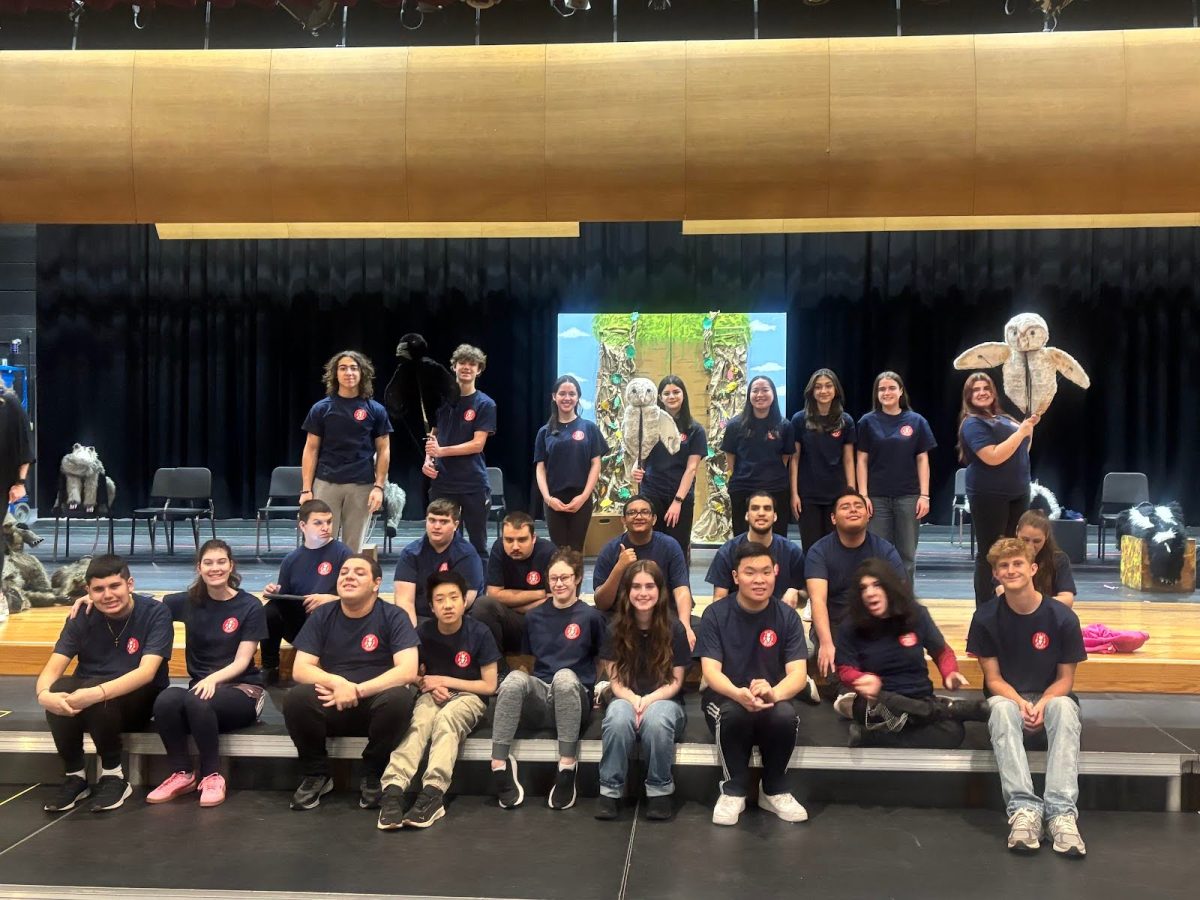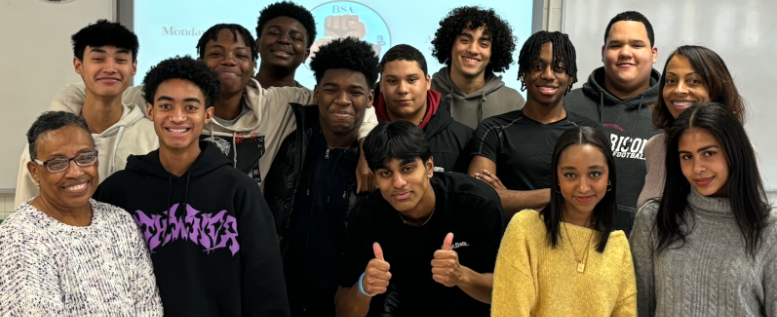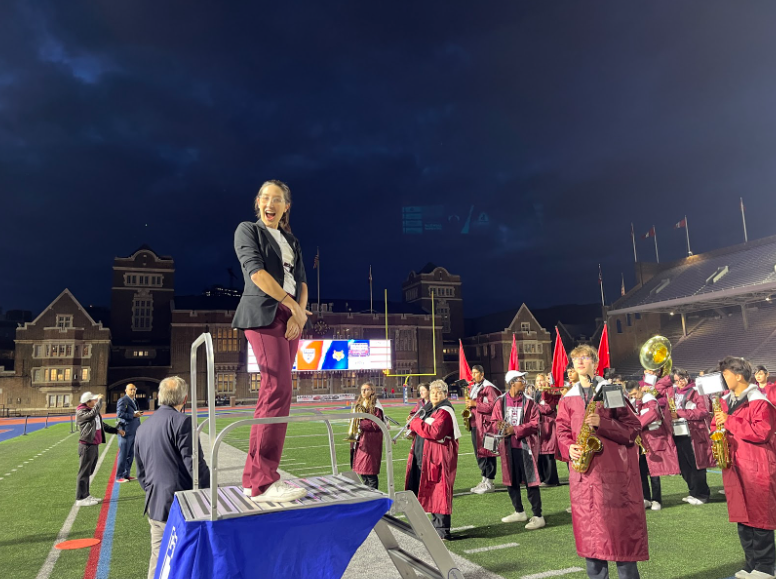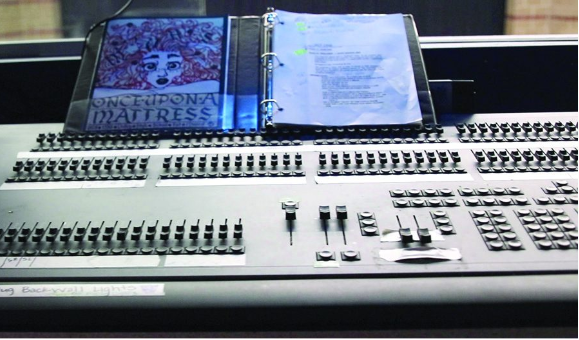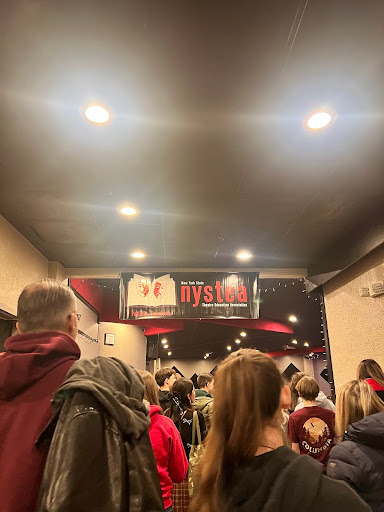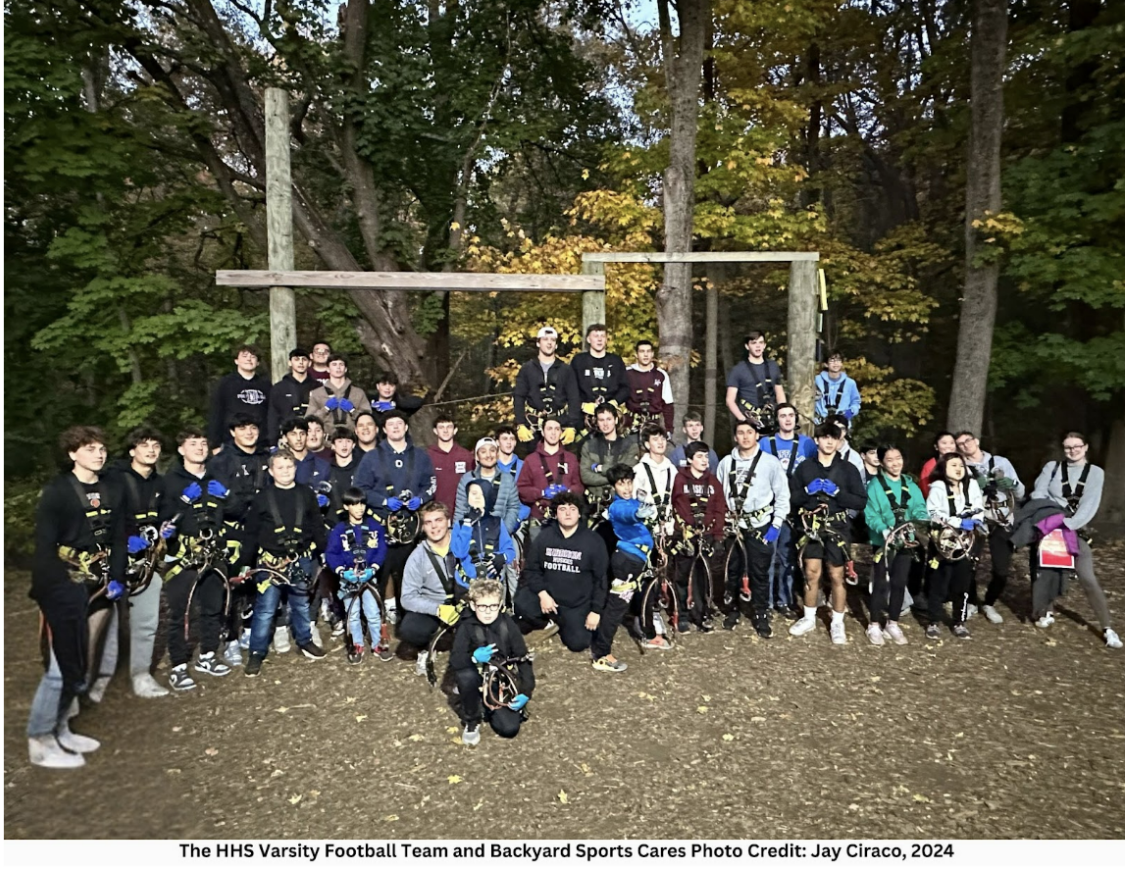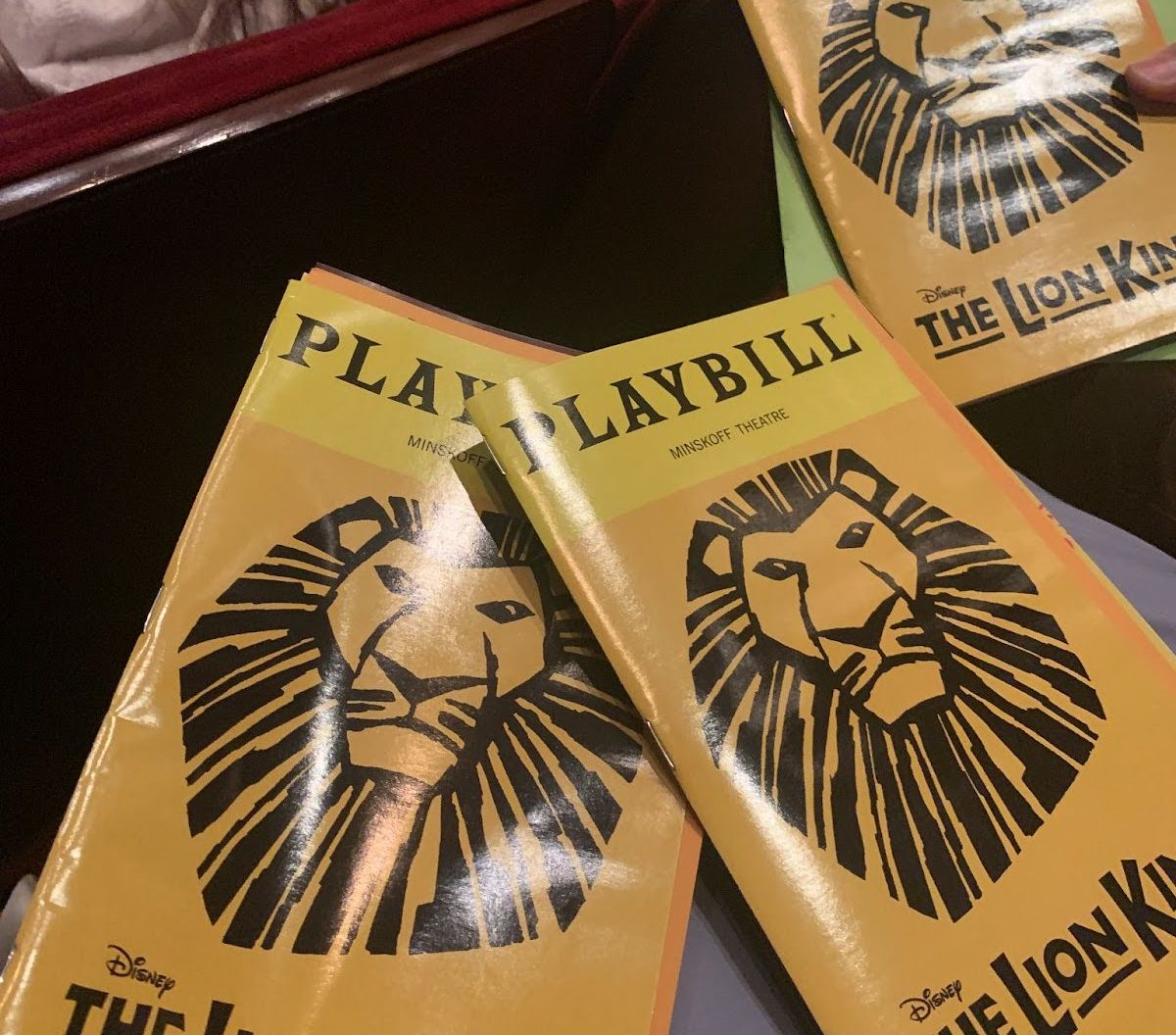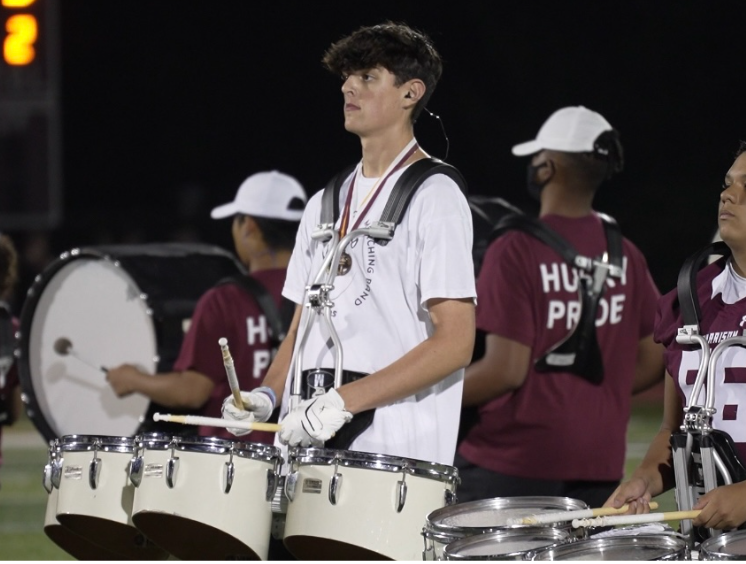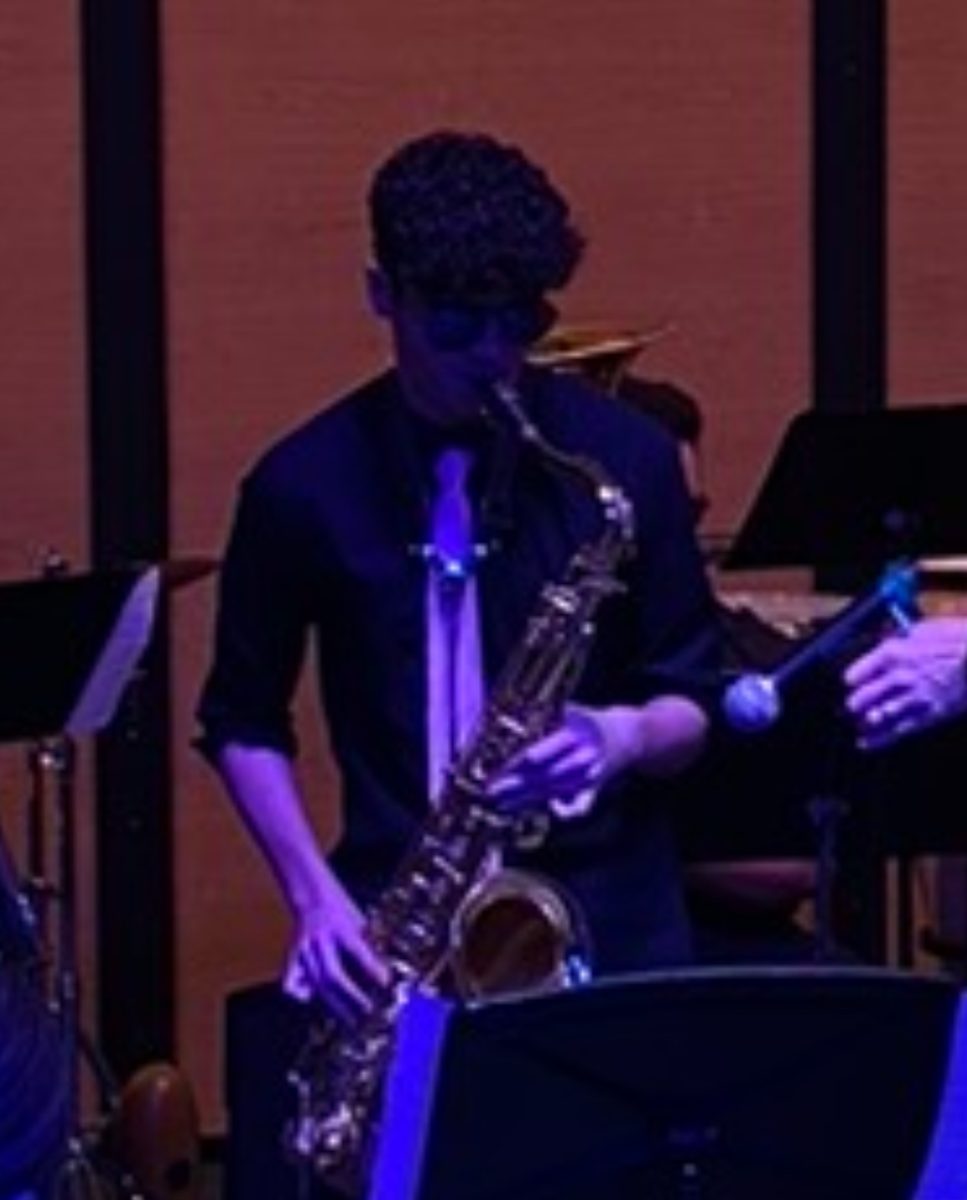Jack Homer Borman, a senior at Harrison High School, was interviewed regarding the evolution of music and how musicians have changed throughout the years. He has played the saxophone and guitar for almost a decade and has developed a broad taste in music. It’s undeniable that musicians have become ‘lazier.’ Simply satisfying new, younger audiences has become a minuscule task in recent years with the rise of new technology, social media, and shifting cultural values. A recent interview with Borman explored whether today’s musicians are as talented as their predecessors, the impact of platforms like TikTok, and how Auto-Tune has shaped the industry.
It is a common belief nowadays that music feels artificial, rather than organic. When asked directly, he said, “ I think that talent still exists, but new tools, like mixing technology and autotune, sometimes can blur music into something not quite as deeply personal or as fresh, just kind of polished.”
Social media, particularly TikTok, has also transformed music consumption. Mr. Borman argued that artists now prioritize short, catchy hooks over depth, stating, “Instead of trying to create conceptual pieces of artwork and music, people go for whatever can satisfy one’s 15-second attention span.” Viral success, rather than artistry, has become a driving force.
Regarding music genres, the interviewee clarified, “I wouldn’t blame the genres of music for a decrease in authenticity, but I would just blame society’s values in general. While some artists still create meaningful music, many prioritize popularity over artistry, doing a disservice to art.”
The conversation also touched on gang violence in music. The interviewee reflected, “I don’t think it plays much of a major role for rap music right now because there are plenty of rappers telling stories that holistically speak about gangs and violence.” They stressed that rap has been a vehicle for telling stories for a long time.
Technology, particularly Auto-Tune, has also reshaped music. Some argue it makes artistry more accessible, while others say it reduces authenticity. Borman explained, “The only thing Auto-Tune does is alter and improve the sound of one’s voice, but I think there’s a deeper meaning in music beyond that.” They noted that artists like Bruno Mars and Chris Martin use technology while maintaining authenticity, whereas others rely on it to mask a lack of talent.
Finally, the discussion explored cancel culture in music. Mr. Borman pointed out inconsistencies, saying, “People canceled ‘Baby, It’s Cold Outside’ because they said it was talking badly about women, but at the same time, society is accepting songs like ‘WAP’ by Cardi B.” This raised questions about shifting moral standards in music.
Ultimately, the interview hit on this ongoing tension between technology, doing art well, and trying to get some impact outside of it. While digital tools and trendy things in the music world have changed how things work nowadays, musicians struggle to find a happy medium between innovation and being true to themselves. They need to jump on the coolest new trends and technology and make music that connects with people heart-to-heart. The greatest artists and songwriters blend new technology like Auto-Tune and electronic instruments with the great old ingenuity of lyrics and melody. It’s keeping that authenticity that separates the greats from the next trend.


